12 Tips for Selling Your Rare Sports Card Collection
Selling rare sports cards requires a little knowledge and planning, but it does not have to be difficult. There are plenty of options available for selling your collection, from online platforms to in-person dealers. Knowing the current market for your cards is crucial before you begin. It is important to present your collection in the best light to attract serious buyers. By following a few key tips, you can maximize your sale and avoid common pitfalls.
This post may contain affiliate links, which helps keep this content free. Please read our disclosure for more info.
Research the Market Value

Before selling, you need to know the value of each card in your collection. Prices can vary depending on the player, rarity, and condition. You can research online platforms, price guides, and recent sales to get a good idea of your cards’ worth. Understanding the market trends will help you set realistic expectations.
Take the time to compare similar cards and their prices. Keep in mind that card values fluctuate over time, especially with a player’s performance. Always use up-to-date resources to ensure you have the most accurate value. This will give you a strong foundation when negotiating with buyers.
Grade Your Cards
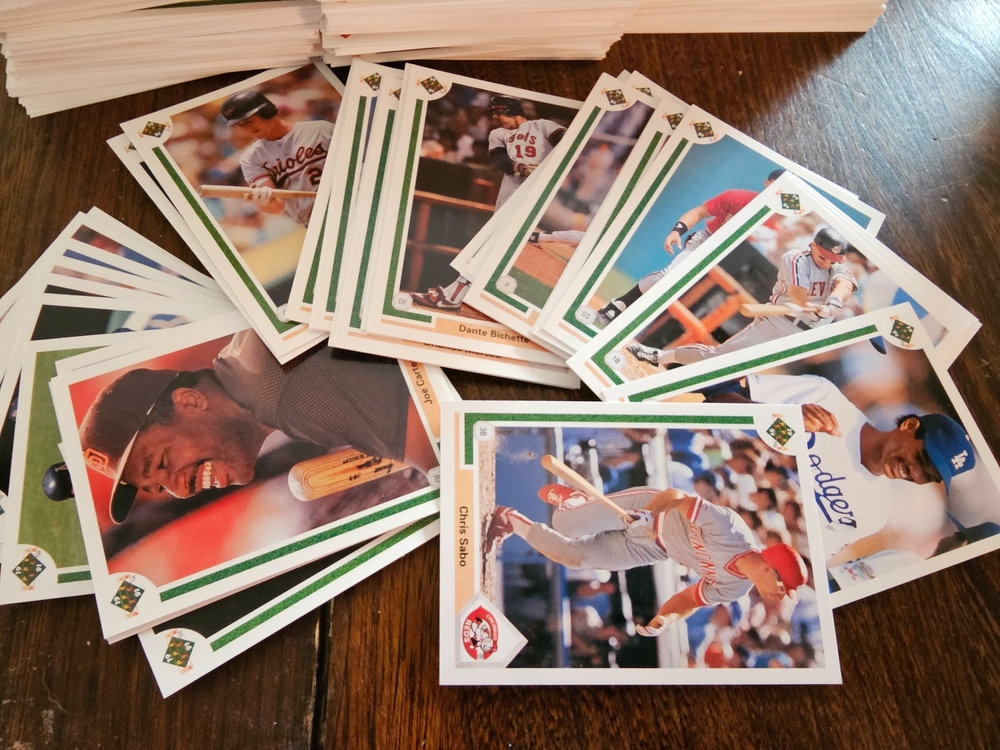
Having your cards professionally graded can significantly increase their value. Grading companies like PSA, Beckett, and SGC offer reliable services to assess the condition of your cards. Cards in mint condition generally fetch higher prices, so it is important to understand the grading scale. Grading can take time, but it is worth the effort.
Once your cards are graded, their certification will give potential buyers confidence in their authenticity. Keep in mind that grading fees vary, so factor that into your selling price. Higher grades, like PSA 10, can often fetch multiples of lower grades. Well-graded cards are easier to sell and attract more serious buyers.
Organize and Catalog Your Cards
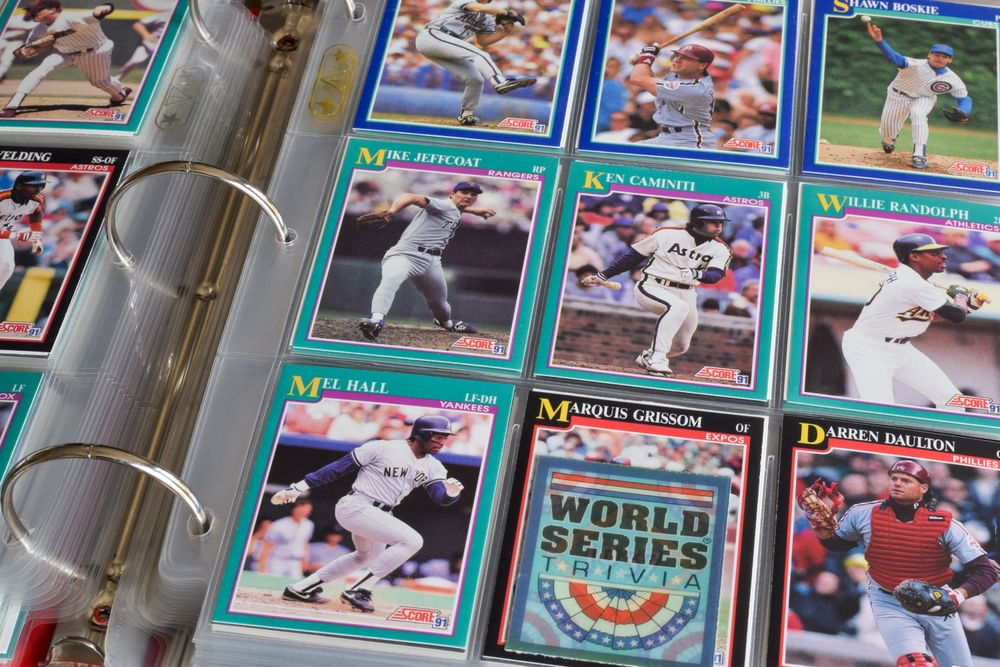
Before selling, take the time to organize your collection. Sorting your cards by year, player, team, or value will make it easier to assess and sell them. Create a catalog that includes information such as the card’s condition, rarity, and any special features. An organized collection shows buyers that you are serious and knowledgeable.
A well-cataloged collection is easier to list and track during the selling process. It also helps you avoid selling cards for less than their worth. This organization gives you an advantage when negotiating with buyers. It can also speed up the selling process, as buyers appreciate having all the details upfront.
Decide on Selling Platforms

There are several ways to sell your cards, including online marketplaces, auction houses, and local shops. Websites like eBay, COMC, and Etsy allow you to reach a wide audience, while local card shops may offer quicker sales. Research the pros and cons of each option before making your choice. Each platform may have different fees and buyer expectations.
Online platforms offer convenience and a larger customer base, but they come with seller fees. Auction houses can help you get higher prices for rare cards but often charge commission. Selling locally may offer a faster turnaround but might limit your pool of buyers. Choose the platform that best fits your needs and collection.
Take High-Quality Photos
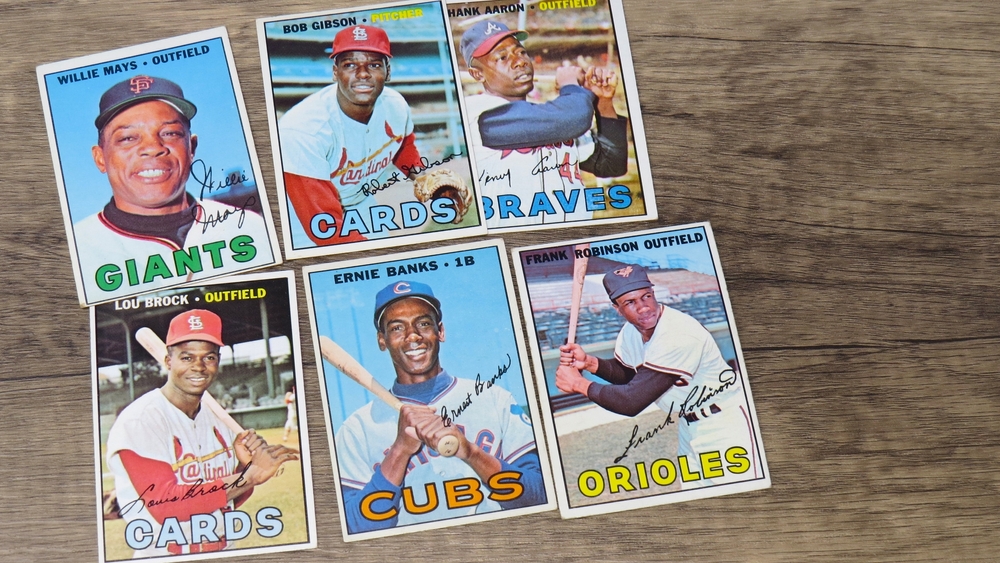
Clear, high-quality photos are essential when selling sports cards. Make sure to capture all angles, focusing on any important details such as the player’s image, team logo, and card condition. Use natural light and avoid flash to prevent glare. Clear images help buyers assess the quality of the card and feel more confident in their purchase.
Detailed photos are especially important for higher-value cards, where buyers want to see every detail. You may also want to show the card’s case or holder if it is professionally graded. Good photos can make a big difference in attracting serious buyers. They help set your listing apart from others in a crowded market.
Set a Fair Price

While it is tempting to set high prices for your cards, it is important to be realistic. Research the current market trends and consider the condition of your cards. Pricing too high can turn away potential buyers, while pricing too low may result in a loss. Aim for a competitive price that reflects the card’s true value.
Consider offering price flexibility if you are open to negotiation. If you are selling multiple cards, offering bundle discounts can help attract more buyers. Setting a fair price builds trust with potential buyers and can speed up the selling process. It is important to remain patient and adjust your price if necessary.
Be Transparent About Card Condition
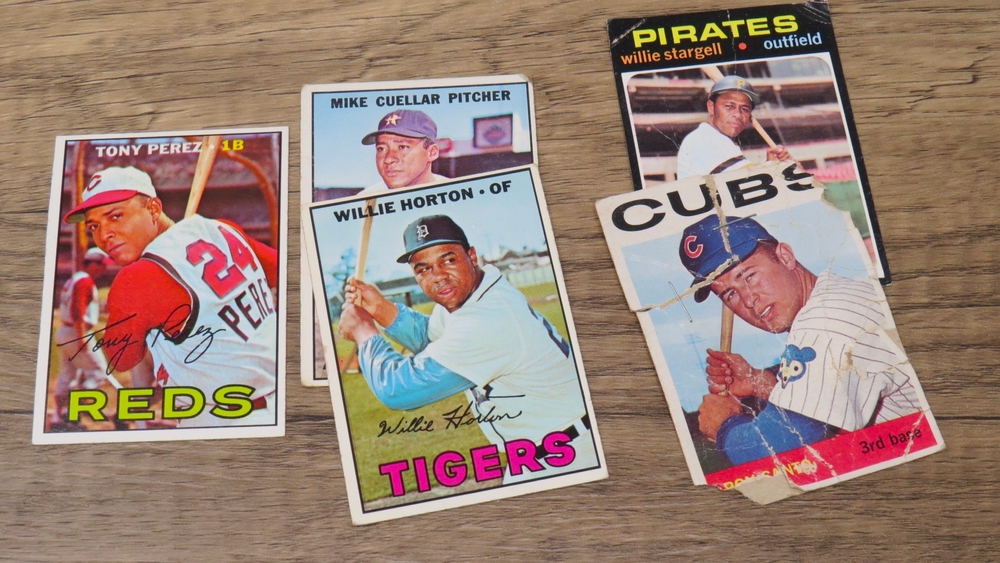
When selling your cards, honesty about their condition is essential. Buyers want to know if a card has any creases, stains, or wear. Always describe the card’s condition in detail, highlighting both positive and negative aspects. This transparency helps you build trust with buyers and avoid disputes.
If you are unsure about the condition, consider getting an expert opinion. Remember that small imperfections can significantly affect a card’s value. Full disclosure prevents misunderstandings and helps buyers make informed decisions. It also shows that you are a responsible seller.
Promote Your Collection

Once your cards are ready for sale, take the time to promote your collection. Share your listings on social media platforms, collector forums, and other online communities. The more people who see your cards, the more likely you are to find the right buyer. Networking with fellow collectors can also lead to successful sales.
Use specific hashtags, keywords, or groups related to your collection to increase visibility. Posting in popular sports card groups and forums can help attract serious buyers. Make sure your posts include clear information about the cards and how to purchase them. The more exposure you get, the better chance you have to sell your cards at a fair price.
Consider Auctioning Rare Cards

Auctioning rare or high-value cards can often lead to better outcomes. With auctions, buyers can bid for your card, which can drive up the price. This method works well for rare items with high demand but can take longer than a direct sale. Auction houses and online auction sites are great places to list these types of cards.
Auctions are best for cards that have unique qualities or significant historical value. The auction process can be more involved and require fees, but it provides the opportunity to reach serious buyers. The competitive bidding process can also drive prices higher than you might expect. Make sure to understand the auction terms before listing.
Pay Attention to Buyer Feedback

When selling online, buyer feedback plays a crucial role in building your reputation. Always aim to provide excellent service, communicate clearly, and ship items promptly. Positive reviews increase trust in your listings, helping you sell more cards in the future. If a buyer is unhappy, work to resolve any issues quickly to maintain a good rating.
Responding to inquiries in a timely manner shows professionalism. Being responsive to offers and open to negotiations also helps close deals faster. Consistently providing excellent customer service helps ensure repeat business. Building a solid reputation makes selling easier in the long term.
Consider Selling in Bulk
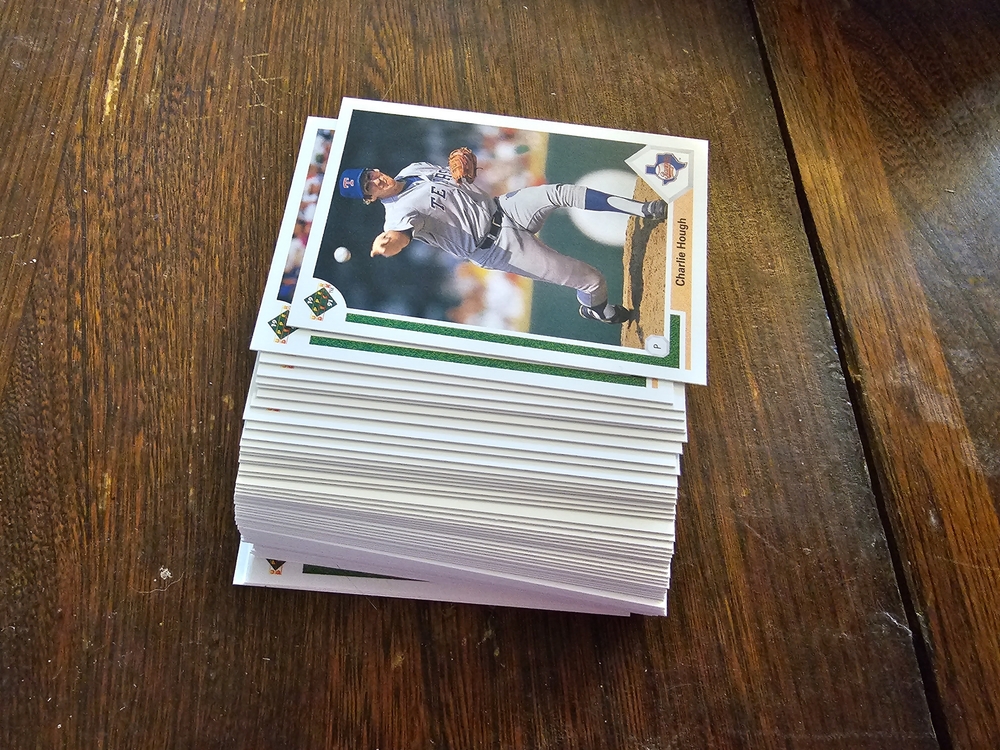
If you have a large collection, selling in bulk can save you time and effort. Grouping similar cards together can attract buyers looking for collections rather than individual cards. Pricing in bulk may offer a discount but can attract more buyers who want variety. This method works best when you are looking to clear a larger amount of inventory quickly.
Selling in bulk requires careful organization and packaging. You may need to offer attractive pricing to entice buyers, especially for less rare items. Bulk selling is ideal if you are ready to move a large portion of your collection. It also reduces shipping and transaction fees when selling many cards at once.
Be Prepared to Negotiate

Negotiating is a common part of the selling process, especially when dealing with sports cards. Be prepared for offers below your asking price and consider how flexible you are with your pricing. Setting a minimum price in mind can help you navigate negotiations without feeling pressured. Respond respectfully to offers and see if you can reach a fair compromise.
Negotiation is an opportunity to connect with buyers and make a deal that works for both sides. If you are selling multiple cards, consider offering bundle deals. It is important to remain polite and flexible to close a successful sale. Being open to negotiation can lead to quicker sales and more satisfied buyers.
Taking the time to understand your collection’s value and promoting it effectively can lead to great results. Negotiation is a normal part of the process, and being open to offers can help you close deals quickly. By being informed and organized, you can sell your collection with confidence and success.
This article originally appeared on Avocadu.
